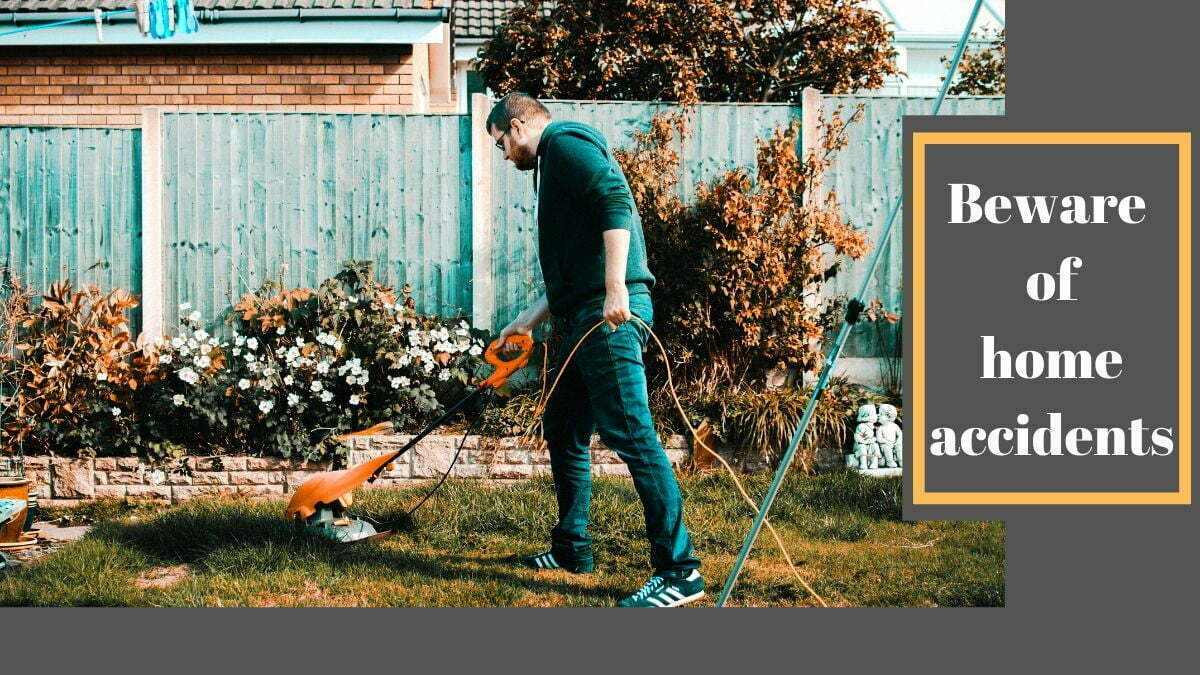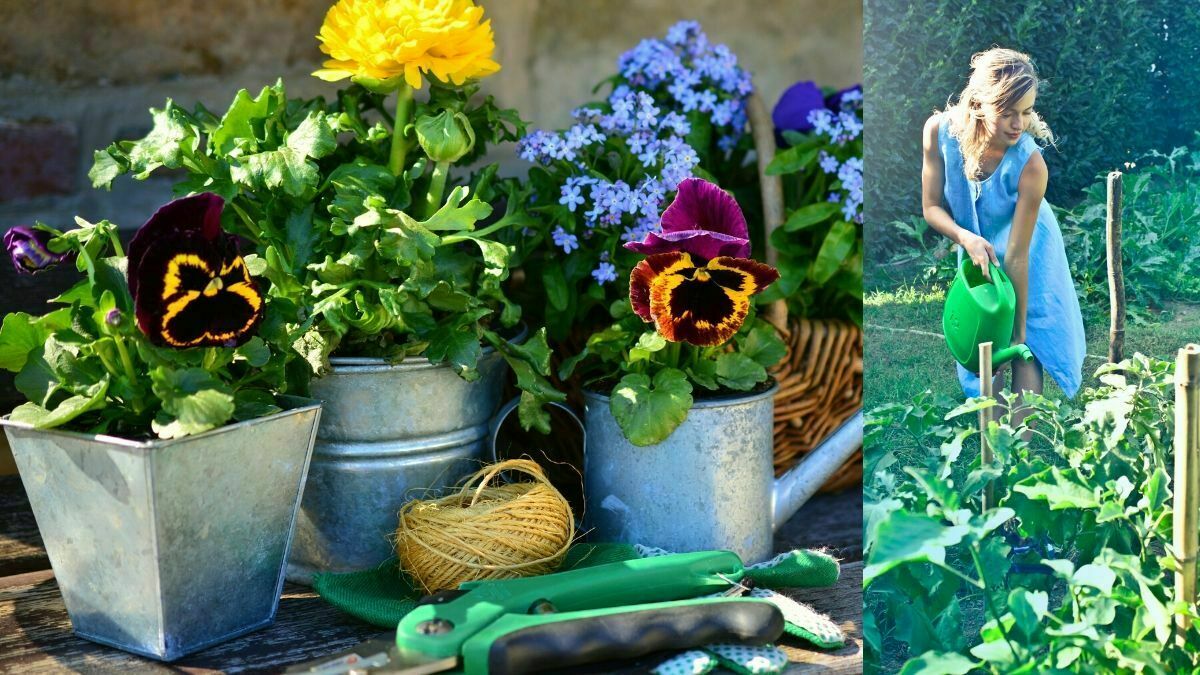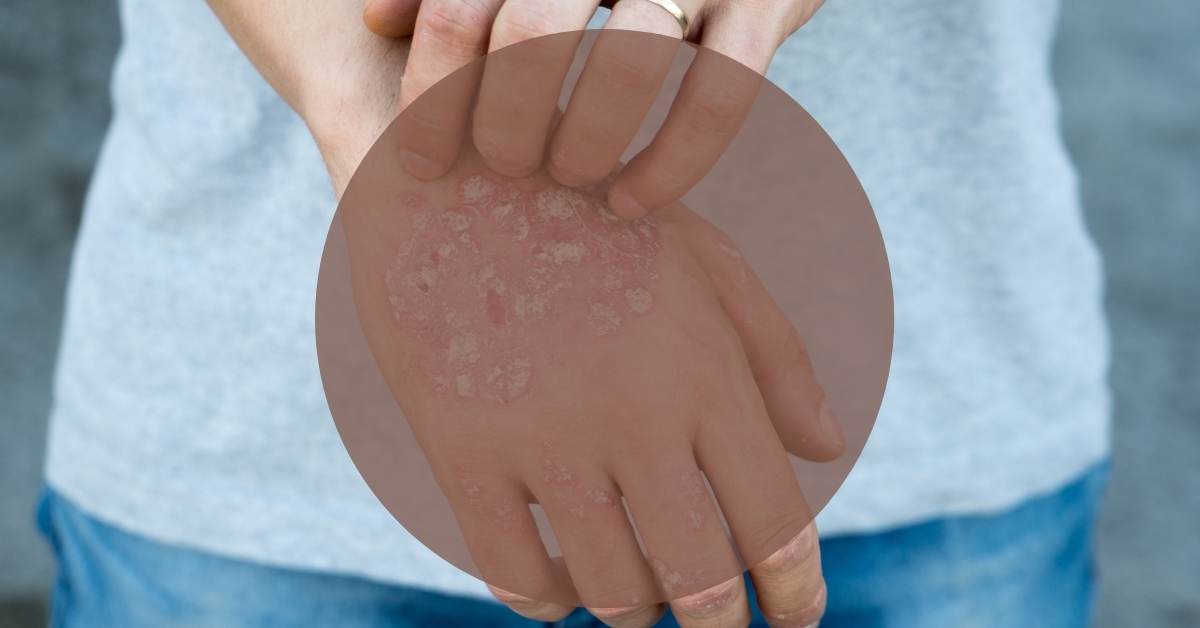Due to the COVID-19 corona crisis, many leisure activities currently have to be avoided. Besides, it seems like the pandemic will get worse as the head of the World Health Organization (WHO) warned last Monday that the “worst is yet ahead of us” from the novel coronavirus outbreak. The well-attended DIY stores and recycling centers show that many are now spending their time doing housework and gardening during coronavirus. There are good reasons for using the home like a home gym from a health point of view. However, there are also some risks that should be considered. Keep reading to learn about the advantages and disadvantages of house and garden work during those pandemic days.
Activities at home and gardening during coronavirus are good for the heart.
Studies show that physical activity in the home and garden has positive effects on health. Anyone who regularly breaks into a sweat during a small cardio session thanks to a vacuum cleaner or lawnmower prevents not only overweight but also secondary diseases such as diabetes or cardiovascular problems.
However, caution is also required, as domestic accidents are not uncommon, according to the U.S. Data and Statistics Office. But where do dangers lurk, and how do you skillfully avoid them? Our five tips show you how to stay healthy when doing housework and gardening with coronavirus.
1. Beware of home accident hazards during house and garden work

Whether through slipping, tripping, or falling off the ladder: falls in the household are the most common cause of accidents. Every year, more than 30,000 people in the USA die from common home accidents – more than half of those who fall are over 85 years old. That is why the following applies:
You migh also like this: Determining iron deficiency on plants
Particular caution in elder age: Elder people are more susceptible to falls, as their sense of balance and muscle strength deteriorate. To prevent these physical symptoms of old age, targeted strength exercises of the arms and legs, and a diet rich in calcium diet are recommended. Those who are no longer physically fit should rather play it safe and seek help: Do not climb the ladder yourself just because the curtains need washing.
Ladder instead of recklessness: To prevent falls at a younger age, make use of adequate aids such as a ladder or an extra-long feather duster. Never balance on a chair to clean the windows. Also, make sure that there are no tripping hazards such as cables in the room and that the rooms are adequately lit during work.
Let experts do their jobs: If you are a do-it-yourselfer, you should also keep an eye on your safety. There are jobs such as repairs to electrical cables that belong exclusively in the hands of professionals – life is at risk.
2. Back-friendly movement sequences when carrying and lifting
80 percent of Americans complain of back pain. Above all, the long and permanent sitting causes the cross to suffer. But incorrect movements also cause back pain. Especially when doing housework and gardening, dangers lurk due to constant bending or improper lifting.
Lifting technique:
If you lift a heavy object with your legs flexed through and a curved back, you will usually get a receipt immediately – there is a strong draught in the back. To prevent long-term consequential damage such as a slipped disc, you must pay attention to your technique: Position your feet shoulder-wide, bend your knees and push your bottom backward (as if you were sitting on a chair). Now go down with your spine stretched. Hold the object close to your body and use the force from your legs to push yourself up again with your back straight.
You might also like this: The North Pole is soon without ice – CO2 Emission issue
Carrying technique:
To prevent leverage, you must carry heavy objects close to your body. You should also avoid one-sided loads. So do not carry the bag of garden soil in one arm. Better: Use aids such as a hand truck.
Clever helpers:
Ergonomic tools such as vacuum cleaners with telescopic tubes are a good basis. When vacuuming, you should still make sure that the movements are easy on your back: walk in a step position (one foot in front of the other), keep your back straight and bend your knees slightly. For gardening, automated solutions such as lawn robots or irrigation systems are a good idea – this saves you having to mow the lawn and drag watering cans. To prevent constant bending over when sowing and weeding, raised beds are a back-friendly alternative for domestic fruit and vegetable cultivation.
3. Attention in case of allergies
Allergy sufferers do not have to do without house and garden work. Depending on which allergy you suffer from, there are, however, some things to consider.
House dust allergy:
Allergy sufferers must avoid potential allergy triggers as much as possible when cleaning the house. It’s recommended to use vacuum cleaner models with HEPA filters. In this way, even the finest dust particles can be reliably retained. Vacuum cleaners with water filters are also recommended: Unlike ordinary vacuum cleaners, there is no need to change bags – less dust is stirred up.
Pollen allergy:
Those who suffer from hay fever have a particularly hard time when working in the garden: birch, hazel, alder, etc… make your nose run and your eyes water. Since pollen can spread for miles by the wind, it is not possible to have a completely allergy-free garden. But there are allergy-friendly plants such as pansies, climbing roses, or lavender. For the meadow, the recommendation is to avoid grass altogether or keep it short. By the way, after long rain showers, gardening is more pleasant for allergy sufferers, as there is then a lower pollen load.
You might also like this: 12 Best hardy hedge plants with flowers
Insect poison allergy:
Already seconds after a wasp or bee sting allergy sufferers notice the effect of the insect poison. Breathlessness, swelling, or redness become noticeable – in the worst case, life is threatened by anaphylactic shock. Great caution is therefore required when gardening: It is better to keep away from flowers, overripe fruit or fallen fruit, and protect the body during all gardening work by wearing long clothing, closed shoes, headgear, and gloves. Allergy sufferers should also always have an emergency kit ready to hand for immediate treatment.
4. Protection from the sun
Sun rays enable our skin to form an essential vitamin. The sun vitamin (vitamin D) fulfills vital functions in the body. Our muscles need it, our bones, and also our immune system. Only small amounts of vitamin D are taken in with food – the body itself synthesizes most of it via UV radiation. From April to October, you should, therefore, soak up at least ten minutes of sunshine a day, without covering at least a quarter of your skin (face, hands, parts of arms and legs). Prolonged exposure to the sun – and this includes longer periods of gardening – should only be done with adequate sunscreen to protect against skin cancer.
Do not get sunburned: intense UV radiation – for example, in the midday heat – should be avoided. Spend the midday hours in the shade or in the house. Long airy clothes and headgear protect against sunburn – ears and neck must also be covered. Uncovered parts of the body should be creamed with sunscreen several times a day. The Federal Office for Radiation Protection recommends a sun protection factor of at least 30 for children and at least 20 for adolescents and adults. In midsummer, in southern countries or for sensitive light skin, sun protection factor 50 is recommended.
Sunstroke, no thanks: headaches, dizziness, nausea, and vomiting are symptoms of sunstroke. It can occur if the head is exposed to direct sunlight for too long. Small children, in particular, must be well protected, as they are particularly at risk due to their few hairs and open fontanel. The following applies here: Avoid long, intensive exposure to the sun and wear headgear. Also, remember that you should drink a lot when it is hot.
Quality Sunglasses – more than just an accessory: sunrays can damage the retina or cloud the lenses. To prevent such damage to your eyes, you should wear sunglasses that offer 100% UV protection. By the way: you won’t notice the UV protection of your glasses – all you see when trying them on is whether they have glare protection. Therefore you have to pay attention to the marking “UV-400”.
5. Clean – but correct!
Detergents should fight dirt and pathogens. But not every product is equally suitable for cleaning the house. The Environmental Protection Agency (EPA) recommends mild all-purpose cleaners, acidic cleaners based on citric acid against lime, scouring milk against heavier soiling, and a skin-friendly detergent.
No disinfectants: Experts agree that it is unnecessary to clean surfaces with disinfectants in private households – not even during the coronavirus pandemic. On the contrary, if misused, the use of disinfectants could cause respiratory complaints. In individual households, it is sufficient to use a mixture of warm water and cleaning agent. It is assumed that viruses are inactivated by the fat-dissolving substances in the products.
Skin-friendly and environmentally friendly cleaning agents: If you are looking for alternatives to chemical products, you can find them in many drugstores or use suitable household remedies.


